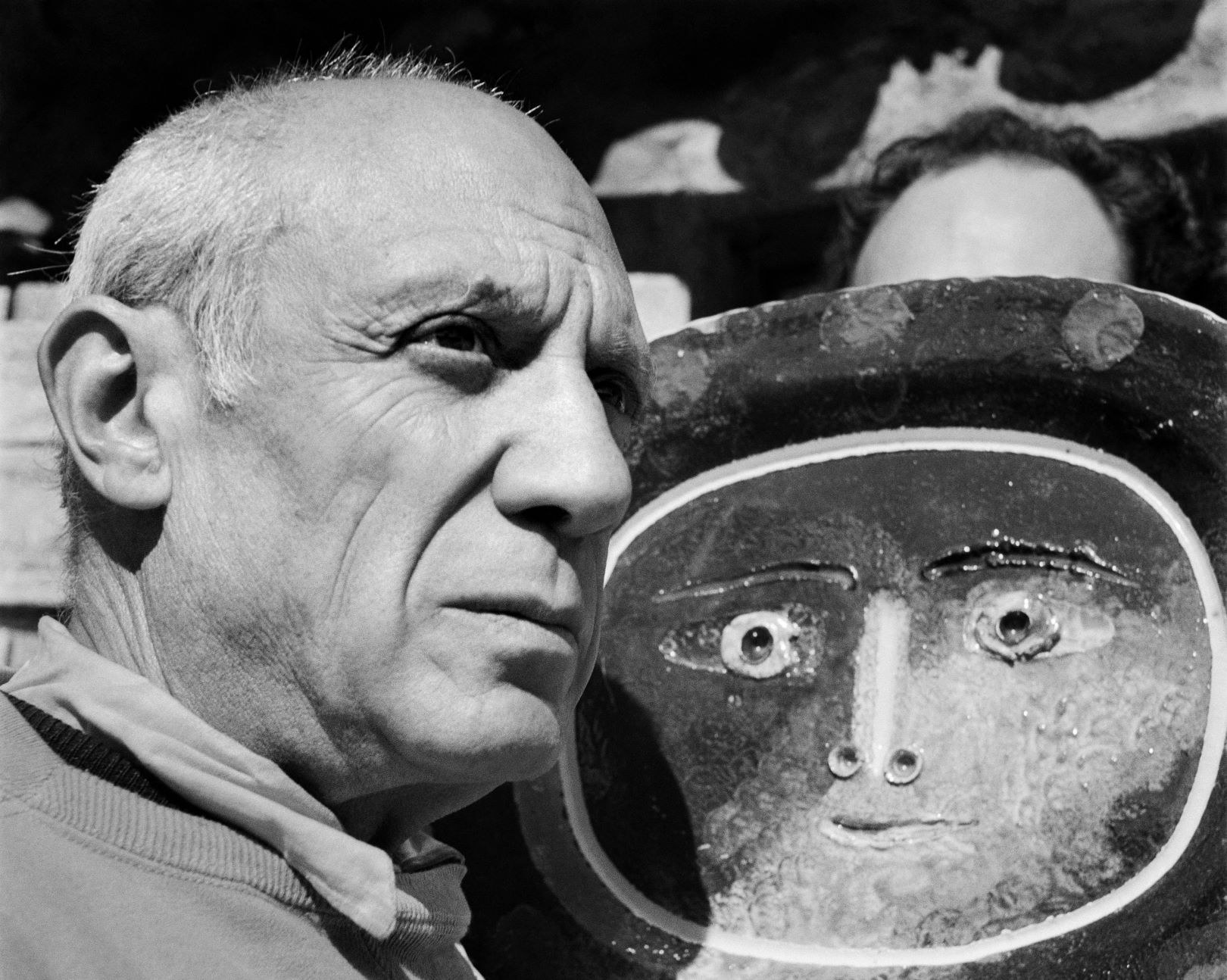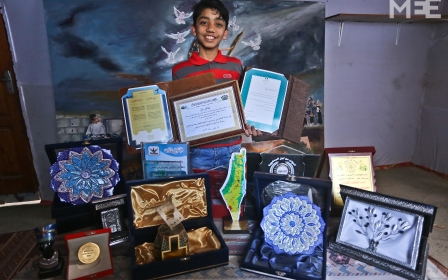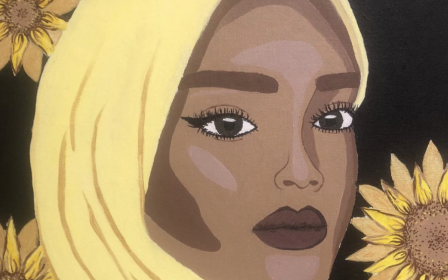Iraq: Authorities say rare Picasso painting found during drug bust

Iraqi authorities say they have recovered a Picasso painting worth "millions of dollars" during a drug bust in central Diyala province.
Officials said the painting was discovered in the possession of three people arrested in Diyala on suspicion of being involved in the trade and transporting of drugs, according to the General Directorate for Combating Narcotic Drugs and Psychotropic Substances in the country's Ministry of Interior.
Colonel Bilal Sobhi, director of the anti-narcotics media office, told the official Iraqi News Agency that "a painting belonging to the international painter Picasso was seized in their possession, estimated at millions of dollars.
"The drug trade is linked to many crimes, including murder, theft, kidnapping, rape, gang formation, corruption and family disintegration, until it reaches the antiquities trade."
Further details about the painting have yet to be released, including the title or suspected owner.
New MEE newsletter: Jerusalem Dispatch
Sign up to get the latest insights and analysis on Israel-Palestine, alongside Turkey Unpacked and other MEE newsletters
Black market
Various paintings belonging to the Spanish painter have been found circulating on the black market since his death in 1973.
He is believed to have left behind him 13,500 paintings, 100,000 prints and engravings, around 34,000 illustrations as well as hundreds of sculptures and ceramics.
In 2009, a painting called The Naked Lady that was purported to be a Picasso was recovered after a raid on a town south of Baghdad.
The painting was being hawked by a villager who claimed his father had taken the painting while a soldier in Kuwait in 1991 and brought it back to Iraq.
However, art collectors and experts later suggested it was in fact a fake, with the Louvre in Paris disowning the artwork (despite it featuring "louvre" in writing), saying it had never had a Picasso in its collection.
Some have speculated that the Diyala painting, if genuine, may have been taken to Iraq after being looted from Kuwait during Saddam Hussein's occupation.
Tim Hilton, art historian and Picasso expert, told Middle East Eye that if that was the case, "one possible way to confirm its authenticity would be to track its provenance and how it ended up in Kuwait.”
“He didn't give any of his paintings titles, not one, so any titles given in the Iraqi media wouldn't have been his," he added.
Middle East Eye delivers independent and unrivalled coverage and analysis of the Middle East, North Africa and beyond. To learn more about republishing this content and the associated fees, please fill out this form. More about MEE can be found here.





